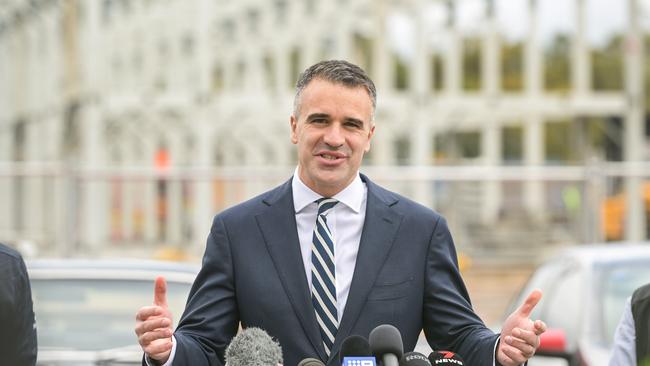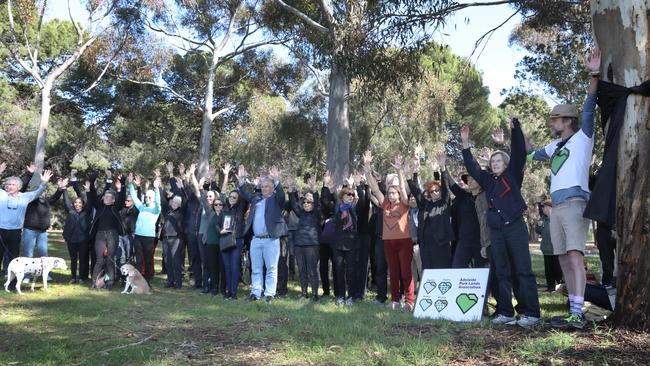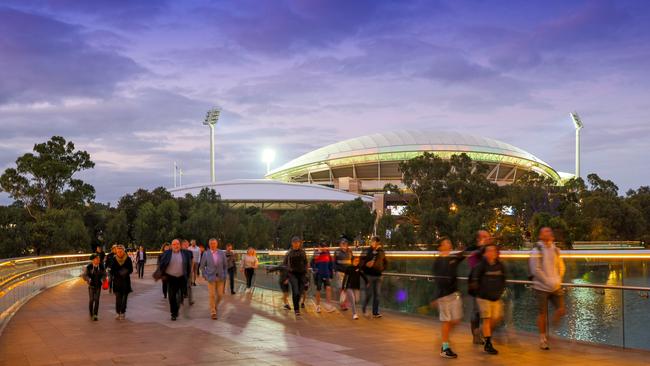Adelaide City Council residents should vote in the upcoming council elections for the benefit of all of us
Only a minority of Adelaide residents bother voting, leaving the majority of us frustrated with city council’s decisions. It’s time to show where we stand, writes Kathryn Bermingham.
Opinion
Don't miss out on the headlines from Opinion. Followed categories will be added to My News.
Adelaide residents should pay close attention to the reaction of councillors and candidates to news the state government will raze the Thebarton Police Barracks to build a new hospital.
And they should have that reaction front of mind when voting in the upcoming council elections.
There is every chance some candidates will focus on that issue to the exclusion of other, broader, more pertinent concerns, such as the future growth of the CBD.
For most city residents – and most South Australians – the decision to knock down the barracks makes sense. Bulldozing some inaccessible heritage buildings to make way for a sorely needed new Women’s and Children’s Hospital, allowing room for future expansion, is a sensible step.
But there has already been criticism of the move from parts of the community seemingly blindsided by concern for buildings which have been assessed as having heritage value.
And, time and again, the Adelaide City Council has shown that those are the people it represents.
That was no more obvious than when it voted down organisers’ request to close a road in the East End to allow the Harvest Rock Festival to go ahead in November.
Premier Peter Malinauskas stepped in to overrule the decision, showing he is not afraid to pull rank over the council.

It was on display again over the weekend, when a small group of protesters – councillors and candidates among them – wore black at a protest highlighting the loss of trees to make way for the new Adelaide Aquatic Centre in the North Adelaide parklands.
Like the hospital, a new swimming centre would contribute to the health of the community.
In response, the government said the site had been chosen to minimise impact on the parklands, and more trees would be planted to replace those removed.

Another fight, larger and more significant, looms over the demolition of the old barracks.
This one coincides with council elections, and presents an opportunity to the people of Adelaide to show the council where they stand on such issues.
The problem is, based on past elections, they’re unlikely to take it.
The council represents a minority because only a minority of the population bothers voting.
Turnout for the 2018 election of the ACC, which also covers North Adelaide, was just 30 per cent.

And, where voting is optional, residents most likely to take part are those who feel strongly about local issues – like protection of parklands or heritage structures.
Candidates are well aware of this, and know they must attract the votes of those people in order to secure a seat. This year, with higher quotas, there will be even more pressure to win over the small, but opinionated, voting cohort.
Adelaide residents are right to feel frustrated by some of the decisions of the council across the past four-year term.
But nothing will change unless they make their voices heard and vote in the council elections this November.





